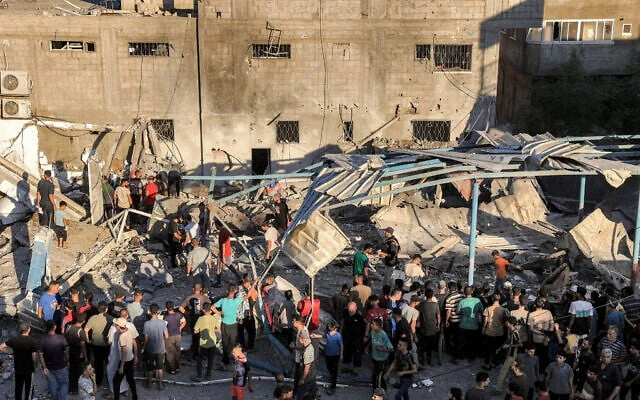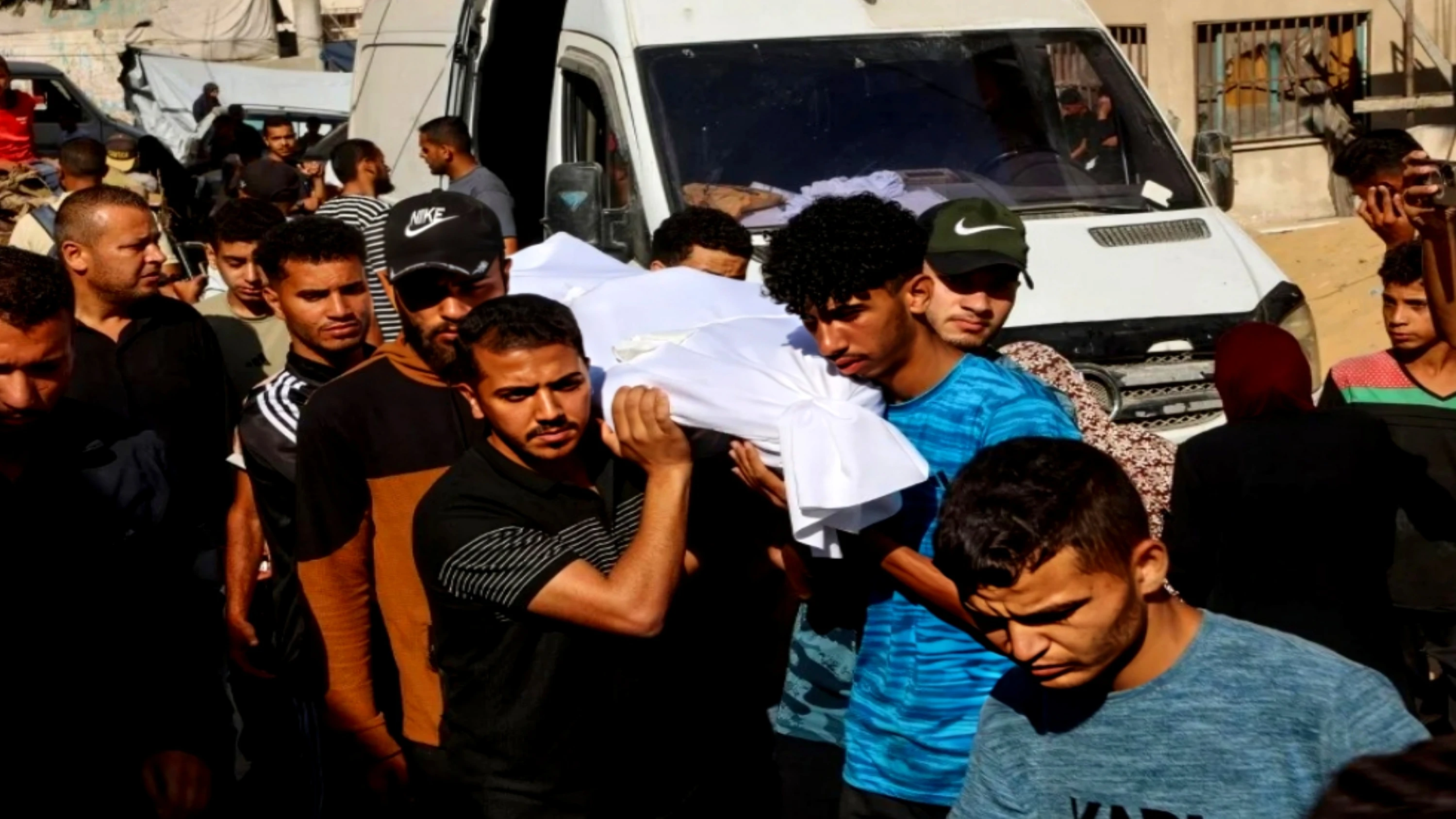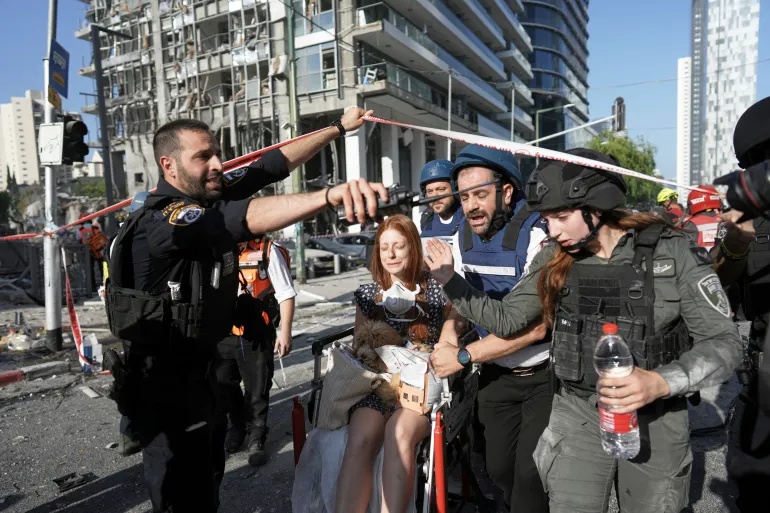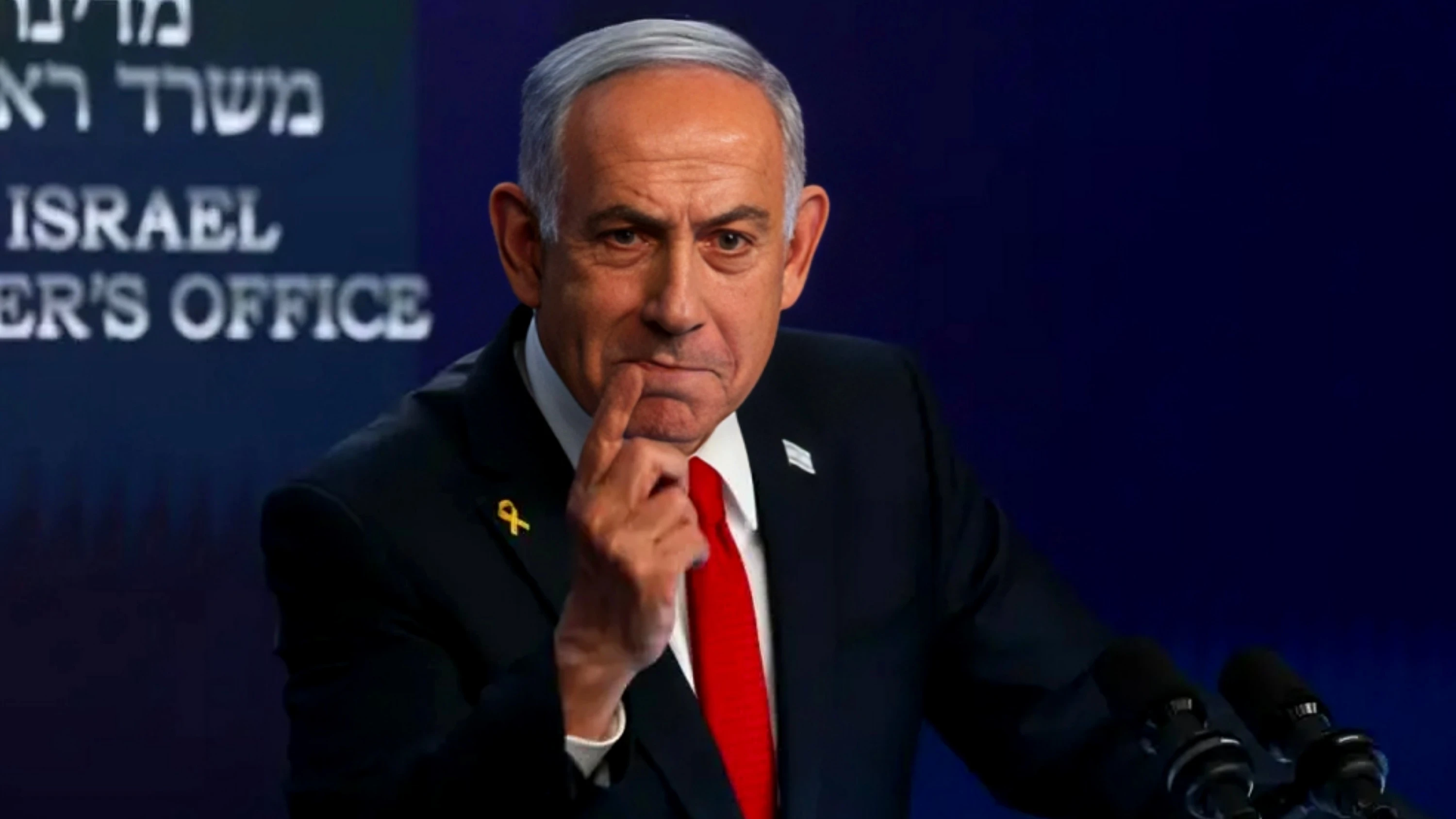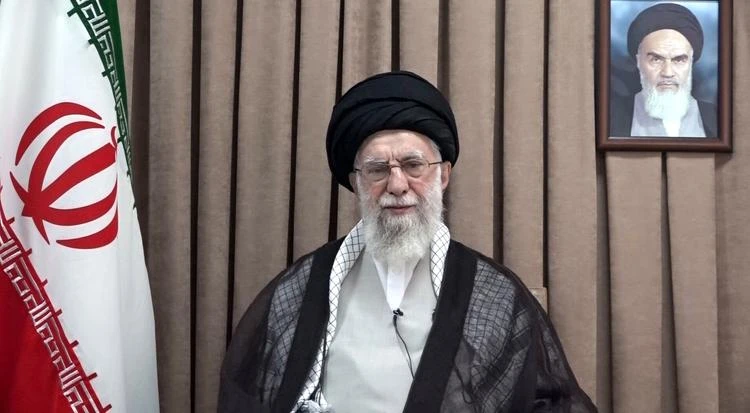Gaza: The Israeli military has defended its deadly airstrike on the Fahmi al-Jarjawi school in northern Gaza, claiming it was targeting a “command and control center” used by Hamas and the Palestinian Islamic Jihad. The attack, which killed at least 36 people, including children and entire families, has sparked widespread condemnation as footage of survivors and burning classrooms floods global media.
In a joint statement with the Israeli internal security agency Shin Bet, the military asserted—without providing evidence—that the school, which had been converted into a shelter for displaced Palestinians, was being used to "plan and gather intelligence in order to execute terrorist attacks against Israeli civilians and troops." The military added that “numerous steps were taken to mitigate the risk of harming civilians,” despite the well-documented civilian deaths and the destruction of a designated shelter.
This justification follows a familiar pattern seen throughout the ongoing war, where civilian infrastructure—schools, hospitals, mosques, and UN shelters—has repeatedly been labeled as dual-use targets after they are bombed. Human rights organizations and legal experts have raised serious concerns about the legality and proportionality of such strikes, especially when they result in high civilian casualties without public evidence of military use.
The Israeli military has conducted hundreds of similar strikes since October 2023, when the war erupted following Hamas-led attacks on Israel that killed 1,139 people and saw more than 200 hostages taken. In the months since, Gaza has suffered a relentless military campaign that has left over 61,700 Palestinians dead, according to Gaza’s Government Media Office, including tens of thousands of women and children. Gaza’s Health Ministry reports 122,797 wounded, with thousands more believed to be buried under rubble.
The attack on the school comes amid growing international pressure. Spain, during its recent Madrid Group summit, urged the European Union to suspend its association agreement with Israel, citing repeated violations of international law and targeting of civilian areas. Spain also called on nations to consider sanctions and renewed its push for a two-state solution to end the conflict.
While Israel continues to assert that it is targeting “terrorist infrastructure,” critics argue that its conduct amounts to collective punishment. The visual evidence of children fleeing flames, families torn apart, and overcrowded shelters turned into graveyards is fueling calls for international accountability.
Legal scholars and UN officials have warned that indiscriminate or disproportionate attacks, especially on sites known to be filled with displaced civilians, could constitute war crimes under international law. The lack of independently verifiable evidence for the military's claims only intensifies those concerns.
As the death toll rises and basic services collapse under the weight of the siege, Gaza’s civilians are left with nowhere safe to go. Even schools—once considered off-limits in war—are now vulnerable. The burning of Fahmi al-Jarjawi school may well be remembered as one of the war’s darkest chapters, highlighting the urgent need for a ceasefire and a pathway to justice.


